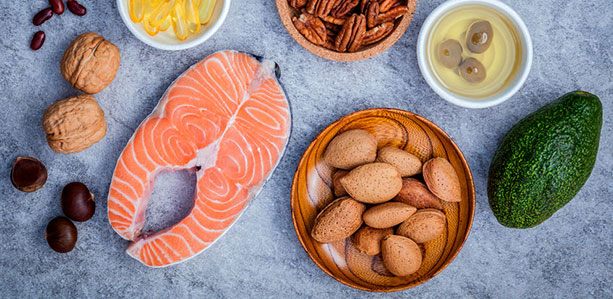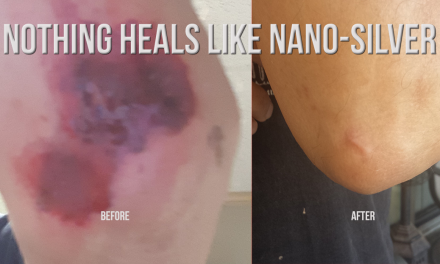In my 20 years as a health consultant and naturopathic doctor, I have traveled the world in search of the newest and most-compelling research on women’s health. I’ve seen hundreds of “panaceas” come and go. And in all this time, one thing I’ve learned with certainty is there’s no magical silver-bullet formula for balanced health.
You’ve probably heard this dozens of times before, but good health is about a lifestyle commitment—understanding what YOUR body needs and making decisions to complement those needs. That being said, emerging research about essential fatty acids (or EFAs) suggests nearly everyone—especially women—can benefit from an increased intake of the healthiest and most famous EFA: omega-3s.
Despite the fact “omega-3” is, itself, a buzzword, and despite thousands of articles published on the topic every month, there is still a world of confusion about exactly what omega-3s do and what are the best sources of omega-3s. Most people already know omega-3s are great for heart health and brain development, but there are literally dozens of other health benefits offered by EFAs.
Below, I will review five specific reasons why omega-3s are vital for women’s health.
1. EFA’s play a major role in reducing inflammation in the body.
Inflammation is now understood to play a major role in chronic illnesses such a diabetes, cardiovascular disease and cancer. Inflammation is also a factor in many women’s hormonal issues such as endometriosis, fibroids, ovarian cysts, PMS, fibroids, and fibrocystic breasts.
2. The balance of omega-6 to omega-3 oils is critical to the proper metabolism of prostaglandins.
Linoleic Acid (LA) and Alpha-Linolenic Acid (ALA) are two vegetable forms of omega-3 and -6 found in flaxseed, chia or hemp seed. These can be converted to prostaglandins which are important for the regulation of inflammation, pain, blood pressure, fluid balance, blood clotting, steroid production, hormone synthesis, heart, kidney, gut function, and nerve function.
3. Breast health is also dependent on these healthy fats.
Studies have shown eating a high omega-3 fatty acid diet reduces your risk of breast cancer. If a woman has already been diagnosed, then omega-3s will help fight the disease. Specifically, there are four ways that omega-3s help: they decrease the strength of estrogen in the breast tissue, reduce chronic inflammation, contribute to the shrinkage of breast tumors and prevent tumors from spreading. Women with the highest amount of omega-3 fatty acids in their bodies, have a 500 percent lower incidence of metastasis compared to women with the lowest levels of omega-3s.
4. Omega-3s play a major role in a woman’s hair, skin and bone health.
Including essential fatty acids as a daily part of your diet will help to build soft, flexible cell membranes, which translates into radiant skin. In addition, as we age, inflammation takes its toll on our skin, predisposing us to wrinkles and other skin conditions such as eczema and psoriasis. So, be sure to support a rosy and radiant complexion with omega 3’s.
Besides building health cell membranes necessary for healthy hair, these fatty acids can also help prevent the inflammation of the hair follicles, called folliculitis. Dandruff can also be largely prevented with a high omega-3 diet. If you keep your omega 3 levels up, you’ll guarantee stronger and more lustrous hair.
It has also recently been discovered that essential fatty acids (especially omega-6) are stimulators of bone resorption. This is the process of breaking and removing old bone cells so new bone cells can be laid down, which is an important part of the ongoing process to ensure healthy bones.
5. Omega-3s offer benefits for menopausal and post-menopausal women.
Low levels of omega-3’s are associated with inflammation, which is the fire underlying so many health problems arising in menopause—osteoporosis, heart disease, and thinning skin and hair. Essential fatty acids are essential for the proper functioning and renewal of mucous membranes. Omega-3 is an important nutrient for the mucous membranes that line the vaginal tract. It helps to reduce vaginal inflammation and dryness.
Considering the above benefits, it makes sense that ensuring adequate intake of essential fatty acids in the ideal balance will support all aspects of women’s hormonal health and general well-being.











